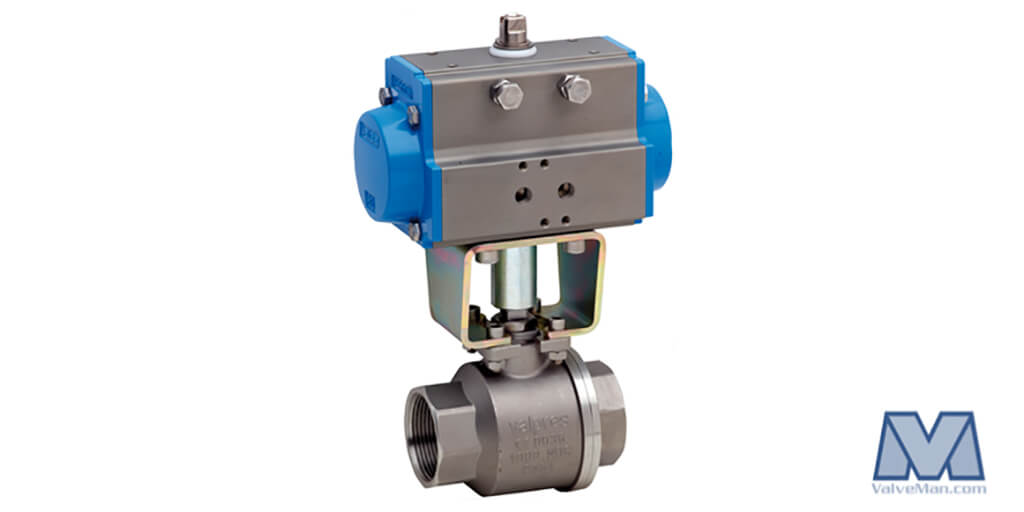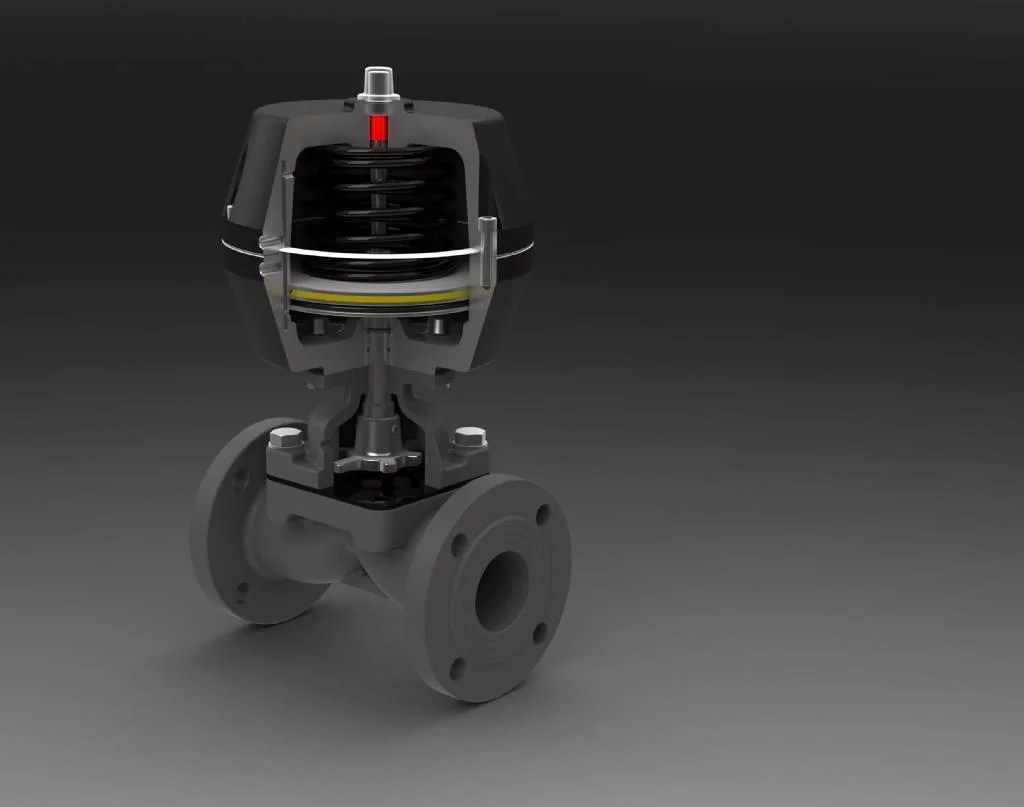An air conditioning (AC) fan motor is a vital component of the cooling system in both residential and commercial air conditioners. It powers the fan that circulates air over the evaporator coil and condenser coil, ensuring efficient heat exchange and optimal cooling performance. AC fan motors come in various types, with different power ratings and configurations. Understanding the working mechanism, features, and potential applications of AC fan motors is crucial for homeowners and businesses to maintain their air conditioning units effectively. In addition, AC fan motors are sometimes involved in projects where geocell technology is used to enhance environmental sustainability, such as in cooling systems for large infrastructure projects.
What is an AC Fan Motor?
An AC fan motor is an electric motor that drives the fan in an air conditioning system. It circulates air through the evaporator and condenser coils to either cool or heat the air, depending on the system’s mode. AC fan motors can be classified into two main types: shaded-pole motors and permanent split capacitor (PSC) motors. Shaded-pole motors are simple and cost-effective but less efficient, while PSC motors are more efficient and commonly used in modern AC units.

What Are the Key Features of an AC Fan Motor?
The key features of an AC fan motor include:
- Power and Efficiency: Motors are rated by horsepower (HP) or wattage, determining the power they can supply to the fan.
- Speed Settings: Many AC fan motors allow multiple speed settings, providing flexibility in airflow management.
- Durability: High-quality AC fan motors are designed for durability, often using robust materials like copper windings and high-grade bearings.
- Energy Efficiency: Modern motors are engineered to consume less power while delivering optimal performance, reducing electricity costs.
- Protection: AC fan motors are often equipped with thermal overload protection to prevent overheating and damage.
How Does an AC Fan Motor Impact Air Conditioning Efficiency?
The efficiency of an air conditioning unit heavily depends on the performance of its fan motor. A high-efficiency AC fan motor ensures that air is circulated effectively, allowing the cooling or heating process to occur more efficiently. The motor controls the speed and airflow, which directly influences the unit’s energy consumption and the overall comfort level inside the space. A well-maintained fan motor can significantly reduce energy costs, whereas a faulty or inefficient motor may lead to overworking the system and higher utility bills.
How Is Geocell Technology Relevant to AC Fan Motors?
Geocell technology, a three-dimensional honeycomb-like structure used for soil stabilization, drainage, and erosion control, plays a unique role in large-scale infrastructure projects, including the installation of cooling systems. In projects where AC units are used in outdoor or harsh environments, geocells can be utilized to create stable and well-drained surfaces, ensuring the longevity and efficiency of the cooling systems. By integrating geocell technology, construction projects can enhance the placement and operational efficiency of HVAC systems, contributing to better thermal management and energy efficiency in large buildings or industrial complexes.
An AC fan motor is a critical component that powers the air circulation system within air conditioners, affecting overall efficiency and comfort. By understanding its key features—such as power, durability, and efficiency—users can make more informed decisions when selecting and maintaining their air conditioning units. The performance of the AC fan motor directly impacts cooling efficiency, which can help reduce energy consumption. Additionally, the use of innovative technologies like geocell in large infrastructure projects can improve the environmental sustainability of HVAC systems. Proper maintenance and selection of the right AC fan motor are essential for maximizing the lifespan and performance of your air conditioning system.
